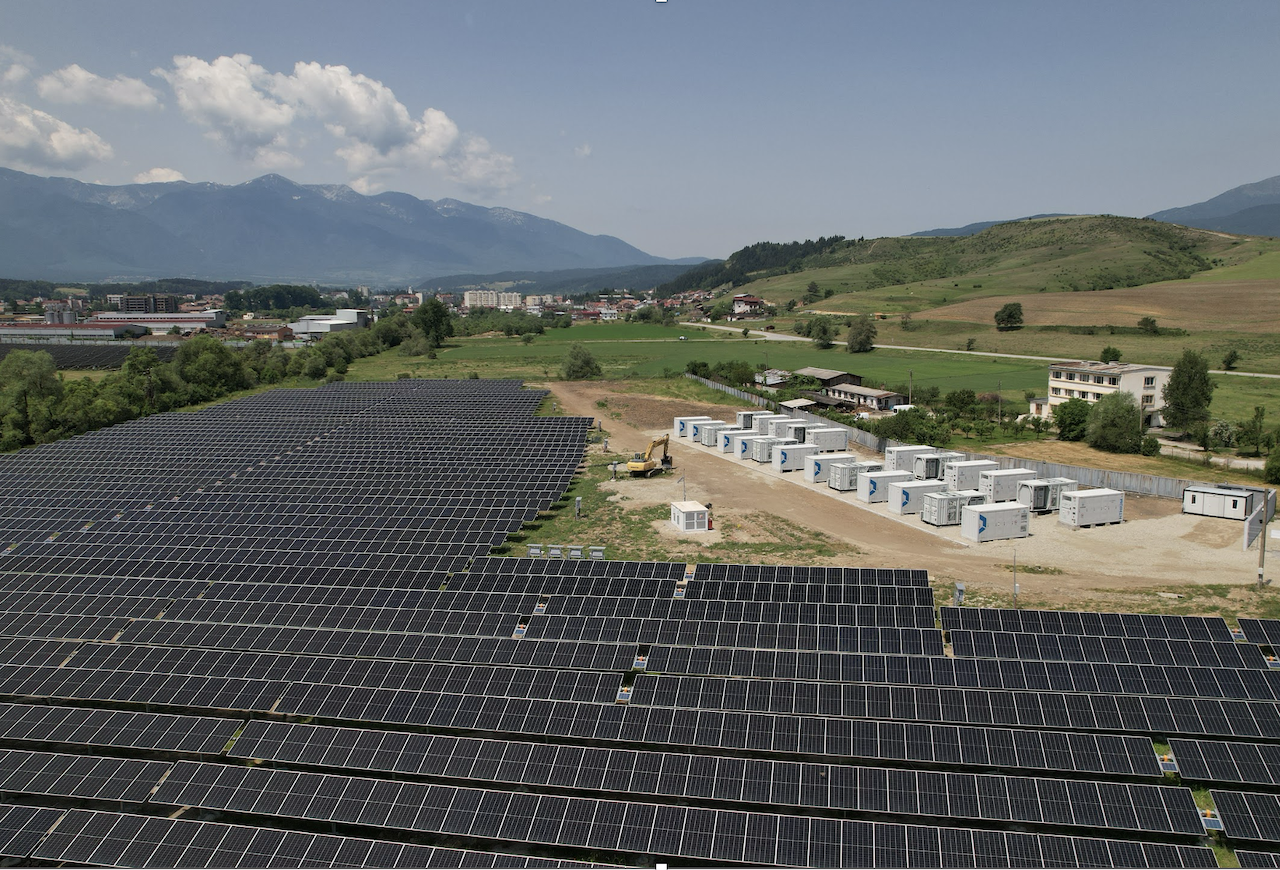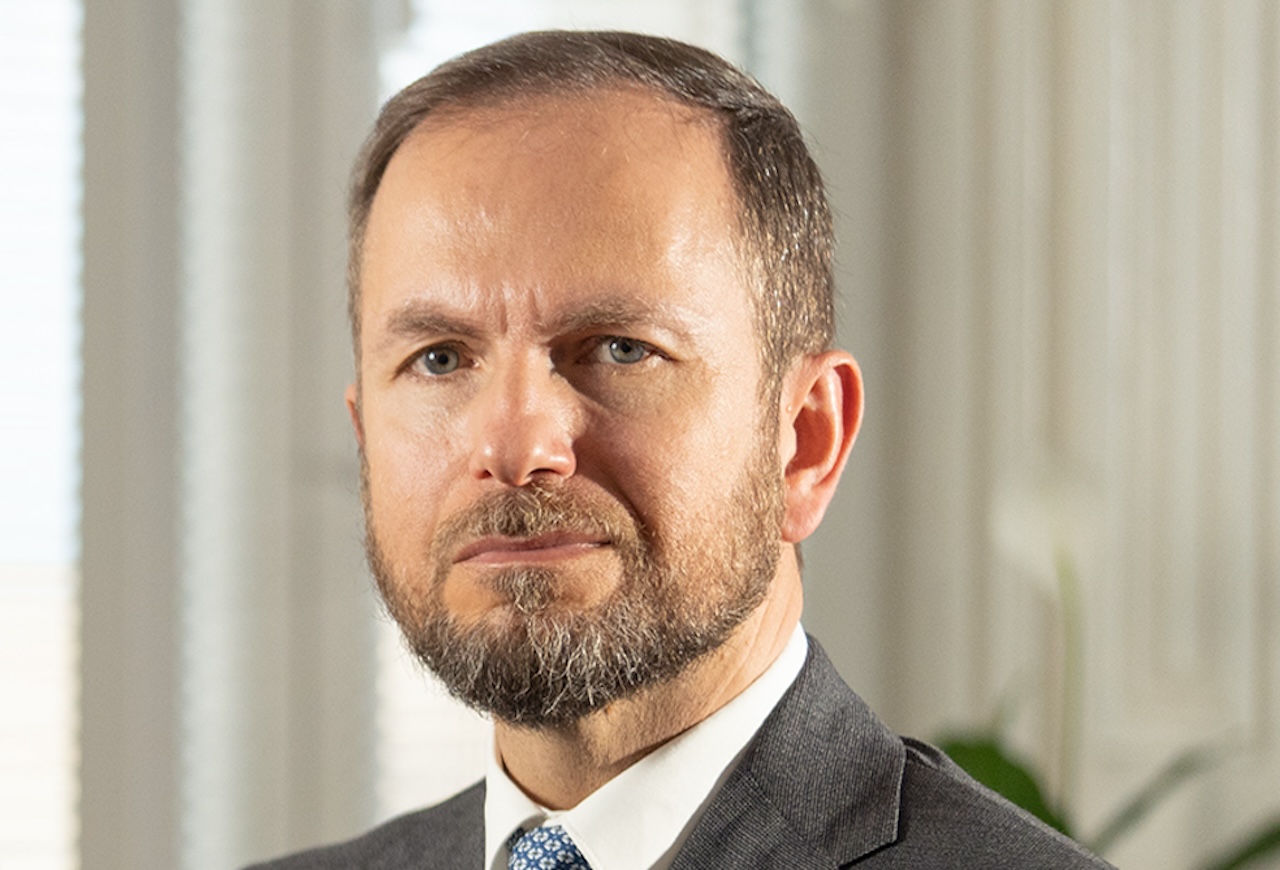Renalfa IPP has closed a financing deal from investors to build out renewable energy capacity across Bulgaria, Hungary, Romania, and North Macedonia.

Vienna-based Renalfa IPP, an independent power producer specialised in the development, construction, and operation of renewable energy projects across Central and Eastern Europe, has secured €315m in holdco financing from a consortium of banks led by the European Bank of Reconstruction and Development (EBRD).
The EBRD, which lent €100m on its own account, mobilised an additional €100m from commercial participants under an A/B loan structure often used by development institutions to mobilise private sector investment.
Other lenders in the club included Black Sea Trade and Development Bank, OTP Bank, Nova Ljubljanska Banka, UniCredit, and Kommunalkredit.
The aim of the loan is to accelerate the green energy transition in Central and Eastern Europe by supporting Renalfa’s €1.2bn investment programme, which will see around 1.6 GW of generation assets and around 3.3 GWh of co-located battery energy storage systems (BESS) – deployed at the site of the renewable energy source – become operational across Bulgaria, Hungary, Romania, and North Macedonia.
Speaking to Impact Investor, Svetlin Pislenski, senior banker at the EBRD and lead banker for the transaction, said: “The financing structure allows for the pipeline to be expanded over the life of the loan, therefore actual projects to be supported by the loan may end up being larger than the listed figures.”
The EBRD said that once operational, these assets will deliver around 2.3TWh of green electricity annually, enough to power 920,000 households, while the integration of BESS will help to overcome intermittency challenges in renewable energy generation and improve grid stability.
Earlier projects

Pislenski said the EBRD has a long-standing relationship with Renalfa, a joint venture between Renalfa Solarpro Group and French infrastructure fund manager RGreen Invest. Most recently, in 2024, the EBRD provided a €50m loan to the Tenevo Solar PV project in Bulgaria, which is owned and developed by Renalfa and Eurowind Energy, a Danish renewable energy developer and independent power producer.
“The EBRD has an extensive existing relationship with the wider Renalfa Solarpro Group, spanning across the group’s renewables development activities, as well as its e-mobility business,” he said.
“By continuing its relationship with this client, EBRD has a chance to support the implementation of a sizeable green investment pipeline, leveraging the facility’s financing for the deployment of multiple renewable energy projects across a number of EBRD countries of operation,” he added.
Exposure to risk
Pislenski explained that holdco financing is riskier than financing at operational company level because holding companies do not have other sources of revenue that can be used to repay their debt in the event that their operating companies are unable to upstream their cash, but that the impact was potentially greater.
“Holdco financing is considered to be riskier compared to financing at opco level. At the same time, it has a multiplier effect, allowing the opcos to raise project financing, therefore it helps achieve a more sizeable and faster deployment of renewable assets,” he said.
The EBRD’s loan is also facilitated by InvestEU, the European Commission’s initiative aimed at mobilising investment in support of EU policy priorities, which offers first loss guarantee for the transaction. The bank said this is the first time the EBRD has used the guarantee under a hybrid model, allowing both the EBRD and participating banks under the A/B loan structure to benefit from the EU’s risk-sharing support, helping to address the market risks associated with merchant renewable power generation and innovative storage technologies.
Pislenski explained that merchant renewable power generation in particular, faces significant market risks because revenues depend on volatile wholesale electricity prices without the protection of long-term power purchase agreements.
“While the borrower’s strategy assumes hybridisation of existing and future renewable assets by adding battery storage systems, allowing to reduce merchant risks from an intermittent renewable generation, market risks largely remain,” he added.
Dearth of BESS-related skills
Pislenski said that as a relatively new sector there was a dearth of BESS-related skills across Europe, and that as part of the transaction, the bank would support the development of a training programme for both existing staff and future professionals in the region.
“This will be a mixture of technical and non-technical training by an expert training provider related to renewable energy sources and the BESS sector and will result in an accredited certification,” he explained.
Renalfa will also partner with local universities and technical colleges to develop a “training of the trainers component” said Pislenski, to ensure skills can be passed on and are accessible to the wider population.






